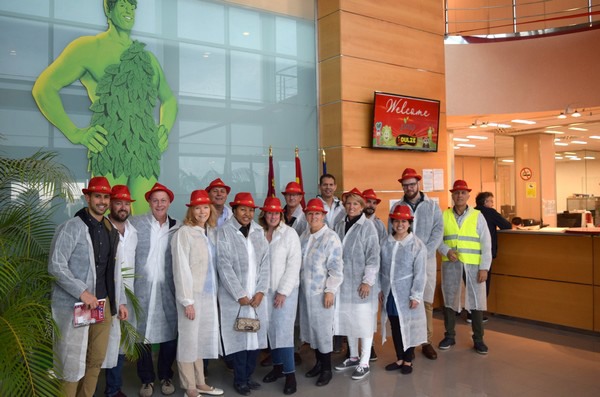
Representatives of the Global Development Committee (GDC) of the Produce Marketing Association (PMA) met from March 1 to 4 and visited some leading companies in the fruit and vegetable sector of Murcia to learn about the productive potential of this region, one of the most important in Spain. The first stop was made at El Dulze, which handles and ships 150,000 lettuce hearts a day throughout the year with high precision and homogeneity thanks, in part, to the strong investment made in last generation robotics and automation.
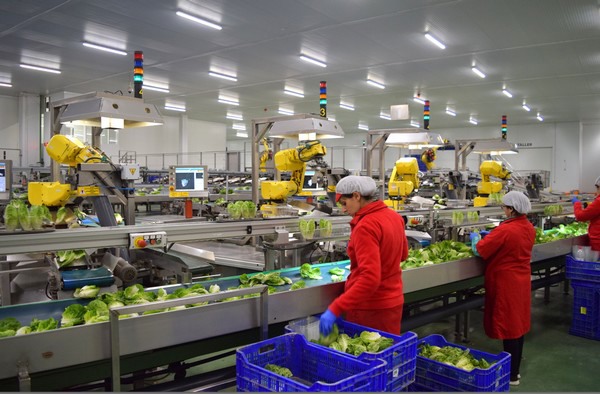
El Dulze is based in Campo de Cartagena and has approximately 2,000 hectares of crops. It was the first company to cut and peel the Little Gem lettuce in order to market only the hearts, and it also works with 32 other products, including sweet corn, baby leafs, mini carrots, aromatic herbs, pak choi, onions, or celery. The geographical diversity of its production, located between 0 and 1,000 meters above sea level, allows them to supply 365 days a year.
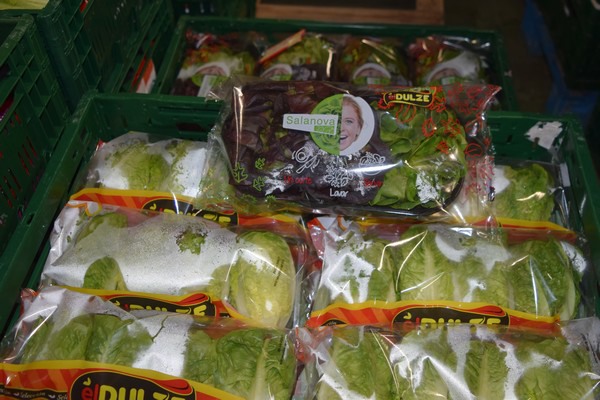
In the autumn and winter months they produce in Murcia, Almeria and Alicante, while in summer they have their crops in Albacete and Zaragoza. Thanks to this, they were able to avoid two of the four floods that Murcia has suffered since the beginning of the campaign. The only competition in the autumn and winter months comes from other producers in Murcia, since this area is the only one that can supply lettuce and other leafy vegetables at this time of year in Europe.
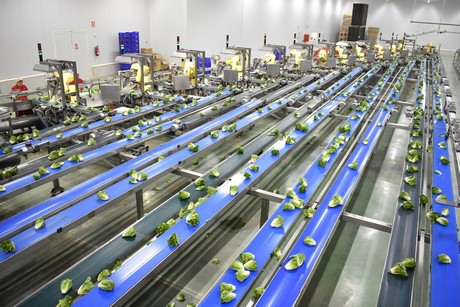
Lettuce pieces are sorted by size. They are then peeled until only the heart is left, and the leftovers are used for animal feed. “All lettuces should look the same. It is difficult to find lettuce in the market with such homogeneity, and this is to thank to an efficient, accurate and automatic sorting. This generates more waste, but allows us to make a difference in terms of quality,” says José Ramón Sánchez, CBDO of El Dulze.
El Dulze has been working with robotic technology and high-end automation for 13 years. The technology has been developed to meet their needs, and this has been possible thanks to them owning a software company with 24 programmers. For just over a year, they have also implemented their new artificial vision and Big Data system which allows them to cut costs and gain efficiency, keeping track of the traceability and quality from origin to the product's packaging.
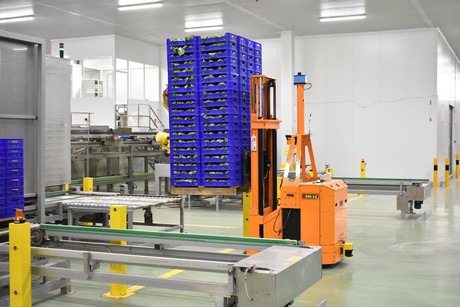
The company grew by 20% in terms of turnover last year, reaching 45 million Euro, and in 2020 it expects to grow by 12%. The company has achieved significant growth since 2012, when its turnover still stood at 15 million Euro. Some of the fastest growing products are lettuce hearts and Asian vegetable varieties.
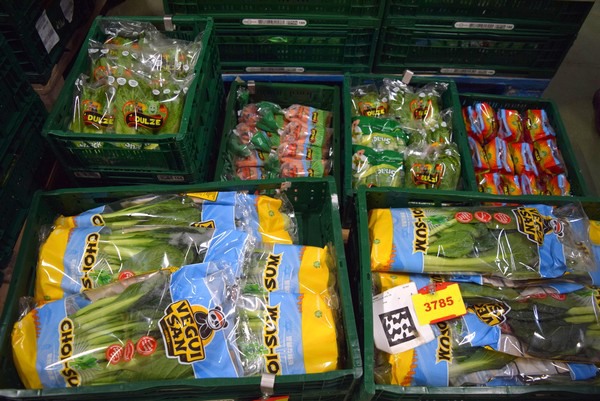
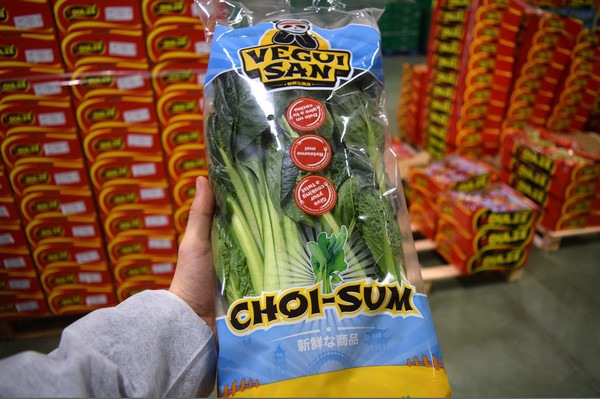
According to José Ramón Sánchez, “it is vital to have our own production if we want to survive and keep growing. In this area of Murcia, the agricultural area is mostly divided into many small producers who sell their products (mainly lettuce, broccoli and peppers) to large cooperatives and auctions. We prefer to control the entire production chain from the seed. We are also increasing our production of organic vegetables, although we are doing this gradually due to the threat of pests. Our goal, however, is for our entire production to be zero waste.”
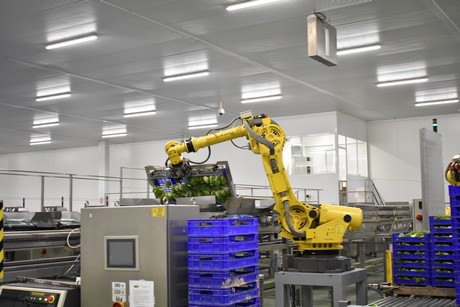
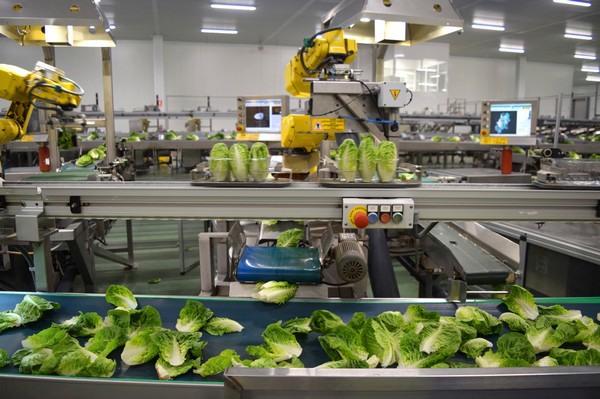
50% of what they produce goes to the domestic market, while the other half is exported to countries in the European Union, Canada, Asia, the Middle East or even the Martinique and Guadeloupe Islands. “The growth of our exports to the Middle East has been exponential. Last year we shipped 150 containers to those markets and this year we expect to exceed 220 containers,” said the representative of El Dulze.
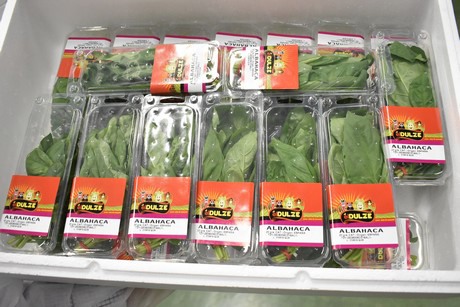
Regarding the growing concern of consumers about the excessive use of plastic in packaging, José Ramón says that there is still no material that can replace the qualities of plastic to preserve the shelf life of our products. “While new materials appear somewhat more similar to plastic, these are too expensive. However, we will continue investigating, since the biggest challenge for this company in the coming years is to maintain a fully sustainable growth.”
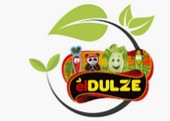 For more information:
For more information:
Noemí Pérez
El Dulze Growers, SL
T: +34 968 174804
noemi@eldulze.es
www.eldulze.es
